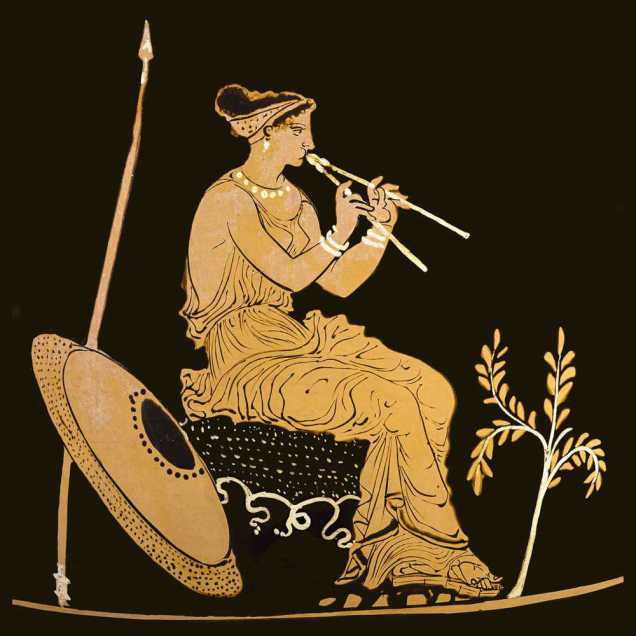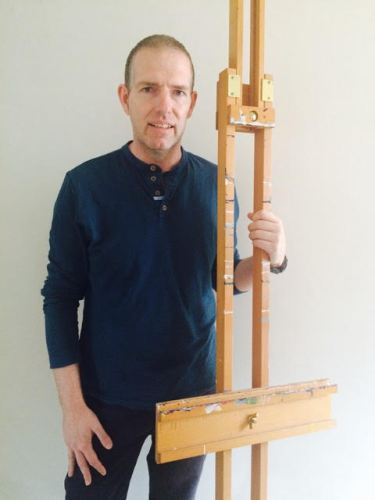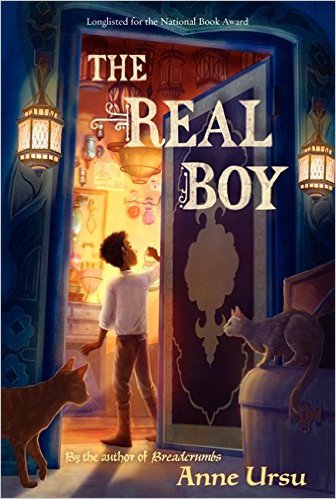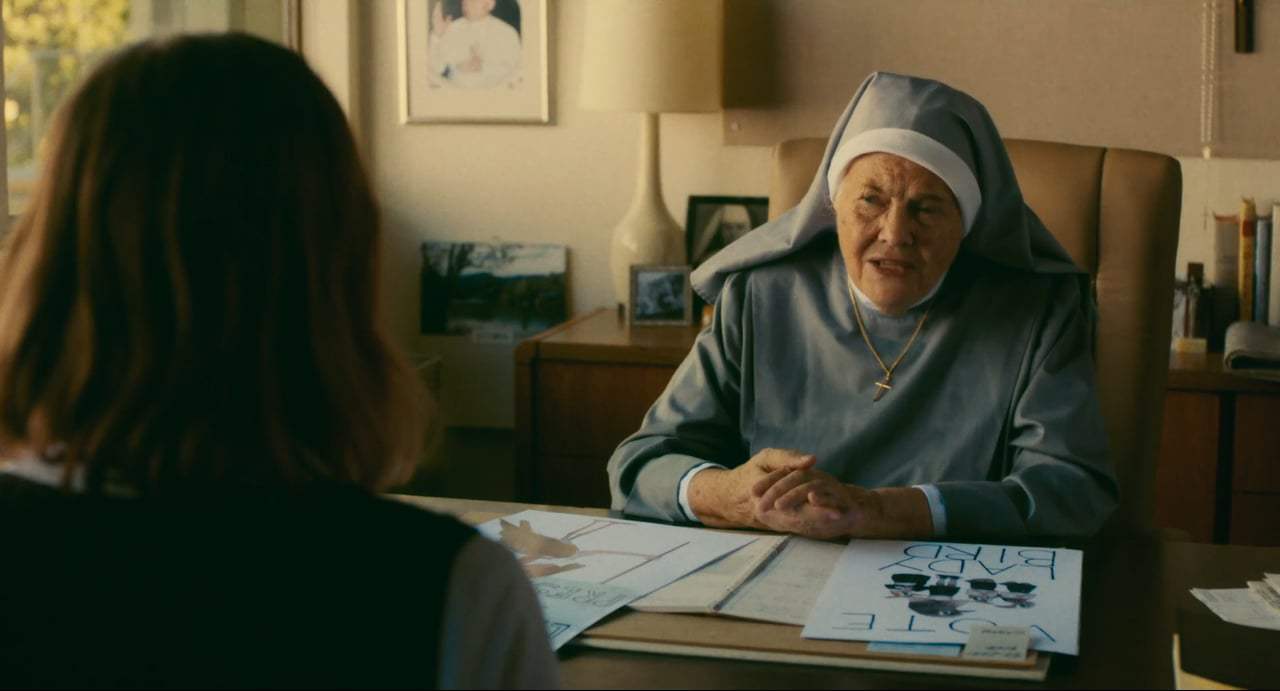This week’s OLDaily, the online newsletter published by Stephen Downes, includes a discussion about ‘a pedagogy of harmony’. In his commentary on Matthias Melcher’s post, Stephen Downes writes:
Maybe nothing will come out of the idea of the ‘pedagogy of harmony’, or maybe I have at last found a worthy response to the idea of the pedagogy of the oppressed and even the pedagogy of hope. In any case, Matthias Melcher has teased out one fascinating strand, the idea that our expectations make the difference between whether we are in harmony with the world or whether things sound a note of dissonance. It comes from an example offered by Laura Ritchie. Here’s what she says: “The relationships of the notes, the ratios and intervals found within the natural harmonic series have not changed over the years, but the capabilities of reproducing the notes on manmade instruments has… What has also changed is our tolerance for adding new ideas to the conception of harmony.” As we grow as individuals, as we grow as a society, we can become harmonious in new ways, by changing (and improving) our expectations. (Stephen Downes, Dec 21, 2017)
Stephen Downes’ idea of the pedagogy of harmony, Laura Ritchie’s explanation of the relationship of musical notes, the ratio and intervals found within the natural harmonic series, and Matthias’s/Stephen’s response that our expectations make the difference between whether we are in harmony with the world or whether things sound a note of difference, have all caught my attention for different reasons.
I’m not sure whether I fully understand Stephen’s idea of a ‘pedagogy of harmony’. The idea stems from Stephen’s experience of Mastodon, a calmer, slower, quieter alternative to Twitter as a social media platform. There he has written: ‘What is a ‘pedagogy of harmony’? I’m not exactly sure, but it combines a feeling of well-being and comfort and inclusion’ , which is how he experiences Mastodon.
The Oxford English Dictionary defines harmony as:
- The combination of simultaneously sounded musical notes to produce a pleasing effect.
- The quality of forming a pleasing and consistent whole.
- The state of being in agreement or concord.
But, if we agree with this definition, would we want this all the time? My immediate thought was, ‘Don’t we need dissonance to be able to recognise harmony?’ and in terms of pedagogy ‘Don’t we need dissonance to maintain interest and attention?’
Kevin Hodgson in his response to Laura Ritchie’s post has created a video in which he has written:
Some of us revel in the juxtaposition of dissonances. We are disturbances on the surfaces of one another’s waters.
Perhaps it is more than ‘revel’, more a need for cognitive dissonance to enable learning.
Another question that occurred to me is ‘Can one person’s harmony be another person’s dissonance?’ This question is sparked off by my participation in Dr Matthew Nicholl’s Ancient Rome MOOC. In Week 3 of this course we are introduced to the music of Ancient Rome, in particular the music created by aulos players.

It is clear from the discussion forum posts that this music is not to everyone’s taste. For some it creates a sense of ‘well-being’, for others it does not. Laura’s comment that “What has also changed is our tolerance for adding new ideas to the conception of harmony” makes sense to me, but it must also mean that our understanding of harmony as an idea is a moving feast.
But I like this comment from Stephen: ‘As we grow as individuals, as we grow as a society, we can become harmonious in new ways, by changing (and improving) our expectations’, which was sparked by Matthias’ idea ‘that our expectations make the difference between whether we are in harmony with the world of whether things sound a note of dissonance.’ These ideas fit with those I have been learning about in a wonderfully enjoyable face-to-face course I have just completed – An Introduction to Philosophical Literature, run by Darren Harper. Over the past couple of months we have read and discussed:
- Week 1: Introduction and Siddhartha by Hermann Hesse
- Week 2: The Trial by Franz Kafka
- Week 3: Nausea by Jean-Paul Sartre
- Week 4: The Outsider by Albert Camus
- Week 5: Waiting for Godot by Samuel Beckett
- Week 6: The Unbearable Lightness of Being by Milan Kundera
All these books are essentially about searching for meaning in life. Can we find meaning and if so what is the meaning of life, or is life essentially meaningless? This week, the last week of the course, when discussing Kundera’s wonderful book, The Unbearable Lightness of Being, we were asked: if we knew that our life would repeat itself over and over again, without the possibility of correcting or changing anything, what would we do/change from this moment on to ensure that the repeated life would be bearable. This may not make sense to anyone else, but for me it speaks to both Stephen and Matthias’ ideas and suggests that I must revisit Paulo Freire’s Pedagogy of Hope, a pedagogy that believes in the possibility that things can change. Perhaps harmony alone is not enough as a pedagogy.
Both harmony and hope seem like fitting topics for reflection at the end of 2017.
Here’s wishing anyone who visits this post, Season’s Greeting and Best Wishes for 2018.
Share this:




